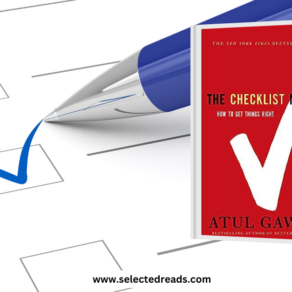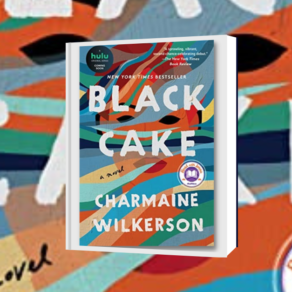Crucial Conversations: Tools for Talking When Stakes are High by Kerry Paterson et al. is a profound self-help guide that provides individuals with practical strategies to manage critical communication scenarios effectively. Whether in a professional setting, at home, or any other circumstance where emotions run high, stakes are significant, and opinions differ, the book offers an effective roadmap to maneuver through these intense discourses.
The authors argue that the primary path to success lies in effectively engaging in crucial conversations. A crucial conversation is defined as one where opinions vary, stakes are high, and emotions are strong. Our propensity to manage these crucial conversations effectively can affect our lives in significant ways.
To prepare for such high-impact situations, the authors introduce a six-minute mastery technique. This technique encourages individuals to invest time into anticipating potential challenging conversations, understanding the various perspectives involved, and planning a diplomatic strategy to express their viewpoints.
A pivotal aspect of these discussions is creating a safe environment where each party feels heard and respected. The book provides effective techniques to defuse potential hostility and ensure that all parties feel comfortable expressing their thoughts and emotions. This includes the capacity to be persuasive without being abrasive, maintaining the delicacy and respect needed to facilitate open and honest communication.
Listening plays a crucial role in these discussions, particularly when others may become defensive or even aggressive. The authors provide useful strategies to keep channels of communication open, even when the other party is emotionally charged. By understanding and empathizing with their feelings, we can often reduce tension and make progress towards a resolution.
Turning crucial conversations into the action and results you want is a skill that this book meticulously elaborates. The ability to navigate a conversation effectively and maintain a focus on achieving a positive outcome can have significant implications, both personally and professionally.
The book fundamentally posits that we shouldn’t fear these critical conversations but rather view them as opportunities for growth and positive change. The skills presented in Crucial Conversations are not just tools for individual development but also effective strategies to build healthier relationships, create more productive workplaces, and foster stronger communities. With these skills, individuals can approach future crucial conversations with confidence and a higher chance of success, rather than anxiety and uncertainty.
Book Club Questions
Here are some book club discussion questions for “Crucial Conversations: Tools for Talking When Stakes are High”:
- Can you identify a recent crucial conversation you had? How did you handle it and what would you have done differently after reading this book?
- What do you think about the six-minute mastery technique? Do you believe it’s practical and useful?
- The authors stress the importance of making the conversation safe. How can this principle be applied in real-life situations? Can you provide examples?
- What did you think about the book’s emphasis on being “persuasive, not abrasive”? Have you ever had a conversation where this principle could have been beneficial?
- The book discusses the importance of listening, especially when others are emotionally charged. How can we improve our listening skills in such scenarios, according to the authors?
- The authors argue that crucial conversations should be viewed as opportunities for growth. How does this perspective align with your own experiences?
- How can the principles from the book be applied in various contexts such as work, home, or in the community?
- What tools or techniques from the book did you find most helpful or insightful, and why?
- How does the book’s approach to conversations align with your natural communication style? Will it be easy or challenging for you to implement these strategies?
- The authors suggest that we can turn crucial conversations into action and results. How would you apply this in your personal or professional life?
- Is there anything in the book that you disagreed with or found unconvincing? Why?
- Overall, how will the principles and strategies in this book influence your approach to future conversations?
I hope you find Crucial Conversations summary helpful!







